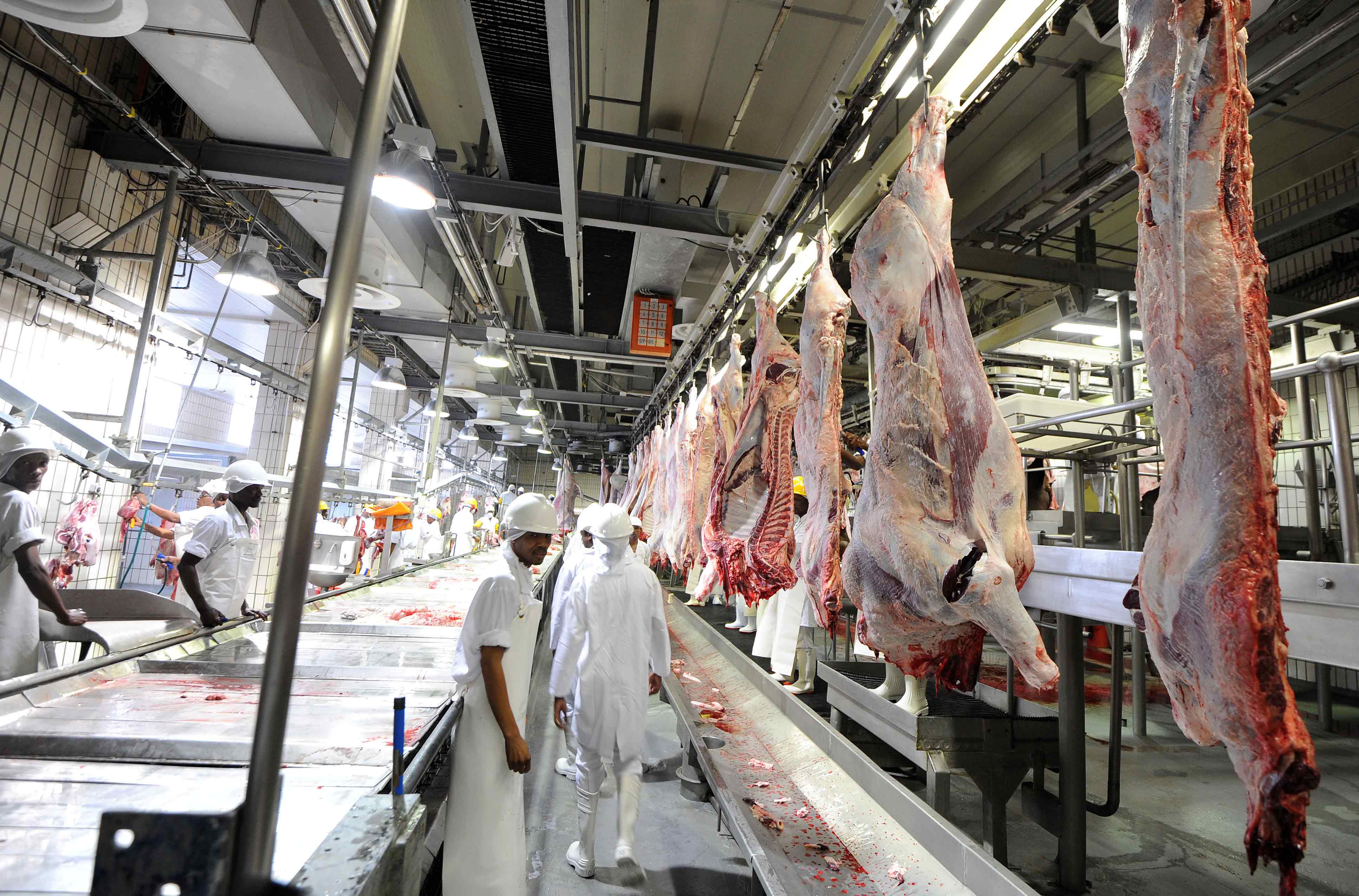- Expert farmers may prefer export markets to the BMC
- BMC could soon struggle to meet slaughter quotas
- Farmers want live export dispensation to be made permanent
KEABETSWE NEWEL
With the option of exporting live beasts, cattle farmers are likely to dump the embattled Botswana Meat Commission (BMC) in preference for more lucrative foreign markets, crippling the BMC in the process, The Botswana Gazette has established.
The Ministry of Agricultural Development and Food Security has announced a window for the export of live cattle for slaughter effective immediately until 31 March 2020, subject to review.
Under this unprecedented dispensation, farmers are allowed to export up to 30 percent of their herd. In an interview with agriculture minister Fidelis Molao, it emerged that the exercise is a drought mitigation measure to allow cattle farmers to offload their animals in order to avoid them being decimated by drought.
“Also, remember that we passed the BMC Transition Bill which will pave way for liberalisation and removal of the BMC monopoly and allow competition,” said Minister Molao.
That being said, experts have expressed a concern that when farmers start exporting live cattle, they will dump the BMC in preference for lucrative export markets, leading to the BMC failing to meet its daily slaughter quotas. Incidentally, Minister Molao disagrees with this outlook.
It is nonetheless a view supported by agricultural economist at the Botswana University of Agriculture and Natural Resources (BUAN), Milly Monkhei, who says cattle farmers have had chronic problems with the BMC and have lost trust in it because of its perennial failure to pay well and on time.
“When the farmers export live cattle, it will eat into what was supposed to be sold to the BMC,” she notes. “So the BMC will not meet its slaughter quotas and consequently will not effectively supply the market and meet demand.”
The BMC’s financial position has been in the red for many years, leading to the national abattoir struggling to meet its obligations. Monkhei believes that should farmers focus on the export market rather than the BMC, which they are likely to do, its financial position would worsen.
The spokesperson of the Botswana Beef Producers Association, Andrew Seeletso, has disclosed that BBPA advocated for such a decision since the BMC has been struggling to pay farmers. Meanwhile, during the 2018 financial period, the BMC Group recorded a loss of P238.47 million,
expenditure for the group declined by 6 percent from P1.405 billion in the previous year to P1.315 billion in the year under review, while income declined by 10 percent from P1.1billion to P1 billion during the year under review.
Minister Molao has denied that the export of live cattle export will negatively affect the BMC. “We should start selling BMC shares very soon to allow cash injection and better management,” he said. “The beef industry has long called for these reforms.”
Asked about the possibility of cattle farmers focusing on more lucrative export markets to the detriment of the BMC, Molao said that was unlikely because the BMC should be able to offer competitive prices. “There will be no need for anybody to go through the struggles of selling cattle outside instead of the easier way of selling to the BMC,” he asserted.




